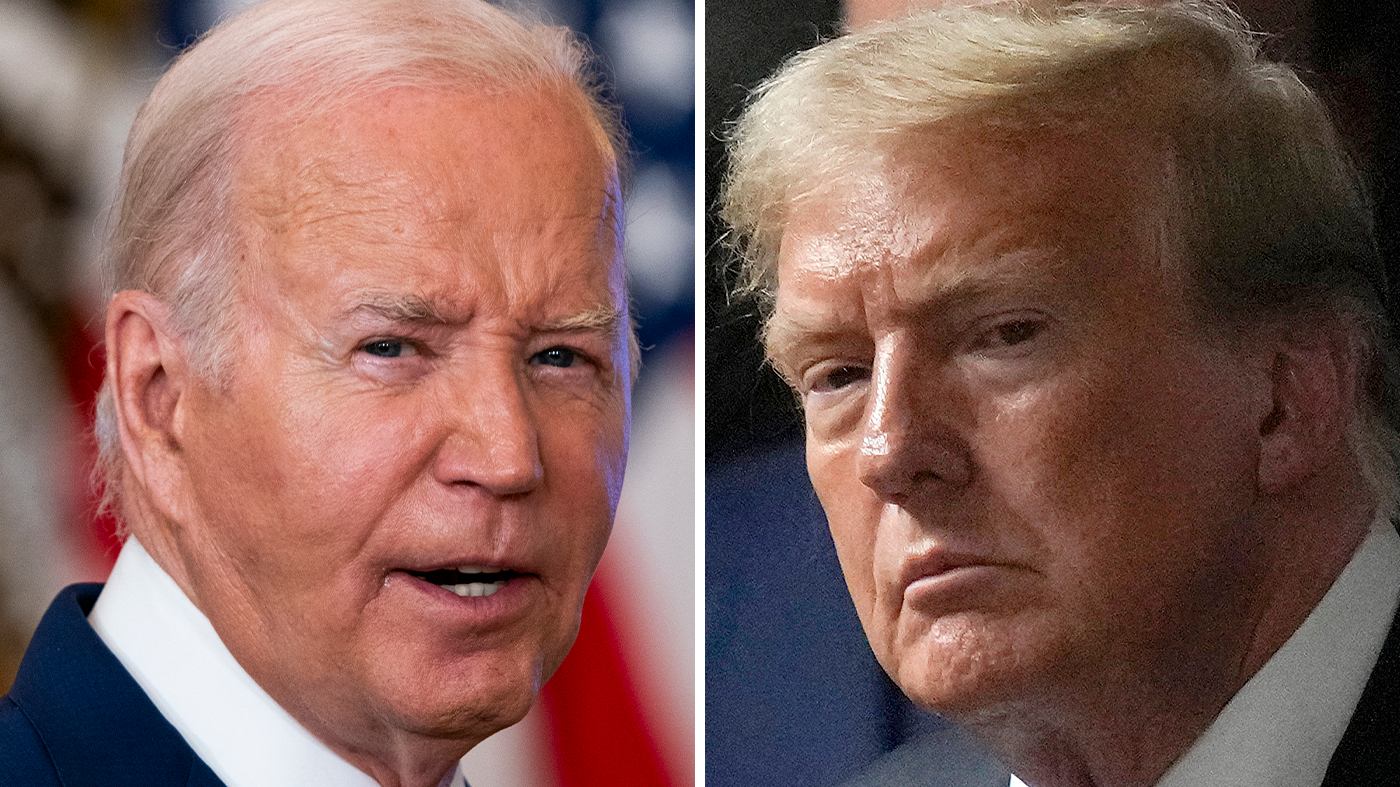Politics
Debate Over DEI Initiatives Heats Up Ahead of Election

Diversity, equity, and inclusion (DEI) initiatives are stirring up strong opinions as the presidential election approaches. Recently, some Republicans have taken aim at these programs, asserting that individuals like Vice President Kamala Harris and others are merely ‘DEI hires,’ implying their success is due to diversity initiatives rather than qualifications.
DEI programs are designed to ensure fair treatment and full participation of all people, paying special attention to groups that have been historically underrepresented. As discussions about race and equality intensified in 2020 and 2021, many organizations scrambled to put these policies in place.
Although DEI initiatives gained significant traction recently, they are not new. The roots of such programs can be traced back to the mid-1960s with the implementation of affirmative action and equal employment laws aimed at combating discrimination and promoting diversity in workplaces.
During a recent session, Representative Tim Burchett criticized both Harris and Secret Service Director Kimberly Cheatle, branding Cheatle a ‘DEI horror story.’ This sparked conversations about how women of color in leadership positions often face doubts about their capabilities and are labeled as ‘DEI hires’ rather than credible leaders.
Ruchika Tulshyan, author of “Inclusion on Purpose”, chimed in on the issue, stating that this perception leads to unnecessary stress for women of color in the workforce, who may experience retraumatization from these derogatory remarks.
In response to Burchett’s comments, some House Democrats are contemplating a resolution to censure him, highlighting the significant political consequences of his remarks. Meanwhile, Republican House Speaker Mike Johnson downplayed the issue by emphasizing the need for effective leadership over discussions about DEI.
DEI initiatives have historical ties to Republican policies, with affirmative action gaining steam under President Richard Nixon. In recent times, however, there has been pushback against these programs. The U.S. Supreme Court’s recent ruling against affirmative action was hailed by Trump as a ‘great day for America,’ yet the ruling does not erase the longstanding impact of socio-economic affirmative action policies.
Critics argue that the admissions processes at elite schools are often skewed in favor of legacy students—typically white and from well-off backgrounds. This creates additional challenges for talented students of color and first-generation college applicants.
In the business world, some major companies like Tractor Supply Company and John Deere have recently reassessed their DEI strategies amidst public backlash. Following customer criticisms, Tractor Supply announced changes to their practices, asserting they had let down customers, while John Deere stated it would reevaluate its diversity initiatives.
Despite the controversies surrounding DEI, a recent survey indicates that the majority of corporate social impact professionals believe that commitments to diversity and inclusion remain strong, if not stronger, in many organizations.












